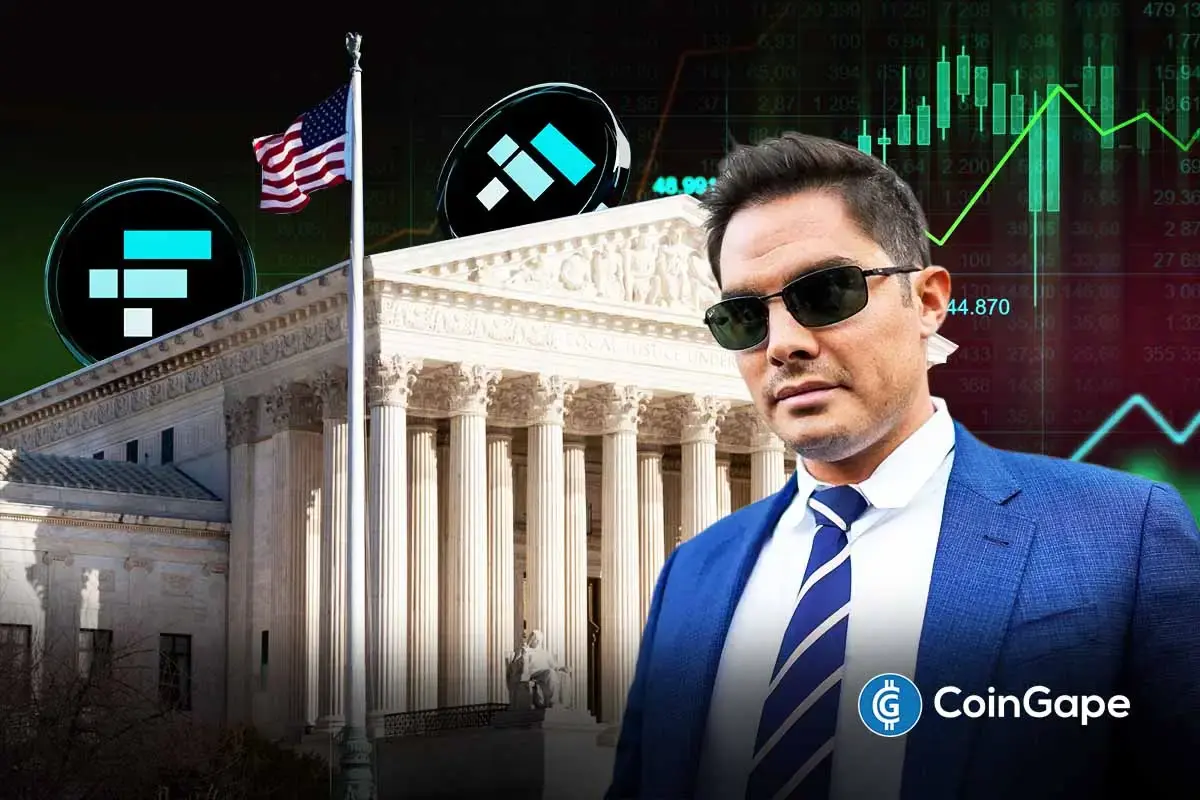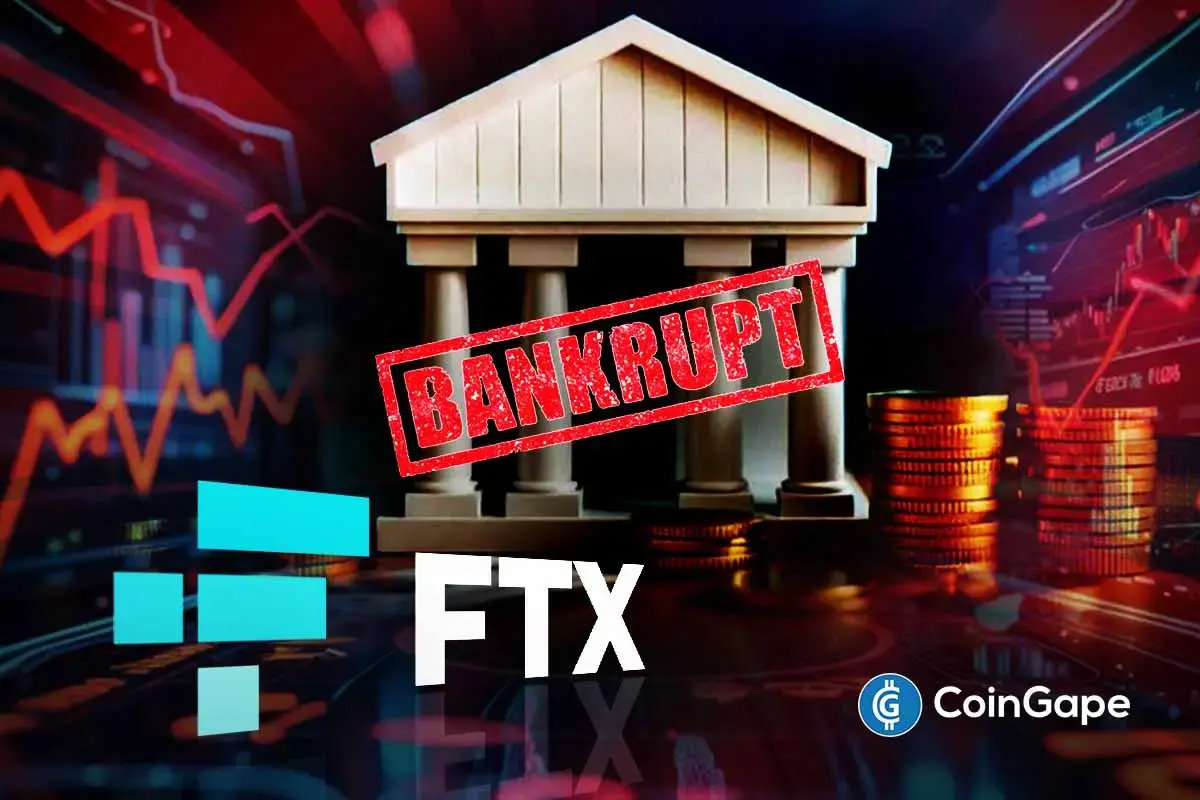SBF Trial: Sam Bankman-Fried Defends $8 Billion Spending as ‘Risk Management’

SBF Trial Live: Sam Bankman-Fried (SBF), the founder of the former cryptocurrency exchange FTX, recently defended his actions during a court testimony. He argued that spending $8 billion of FTX clients’ fiat deposits was part of “risk management.” Moreover, he highlighted the challenges he faced balancing his roles. As CEO of Alameda Research, he was more focused on their portfolio, admitting he might not have paid enough attention to FTX.
Additionally, Bankman-Fried made it clear that no employees were terminated in relation to the alleged use of $8 billion for speculative trading. When pressed by prosecutor Danielle Sassoon on specific employee involvement, Bankman-Fried simply stated he wasn’t aware of particular individuals linked to the issue.
Sam Bankman-Fried Denies Settling Nation’s Debt
During the trial, the close relationship between FTX and the Bahamian government became evident. Sassoon unveiled messages hinting at Bankman-Fried offering floor side seats at the Miami Heat Arena to the Bahamas prime minister. Although SBF couldn’t recall the incident, the message indicated the prime minister enjoyed FTX’s courtside seats with his spouse.
Furthermore, it was suggested that Bankman-Fried had discussions with Bahamian Prime Minister, Philip Davis, regarding settling the nation’s debt. However, while the FTX founder refutes this claim, he does acknowledge assisting Davis’ son in obtaining employment.
Significantly, just before FTX’s unfortunate downfall, a commitment was made to prioritize Bahamian users. FTX assured that these users’ withdrawal requests would be processed promptly and their interests safeguarded.
SBF Clarifies Role in Political Contributions
Earlier this month, Bankman-Fried was questioned about political donations linked to the crypto exchange. He firmly denied holding any conversations with Nishad Singh or Ryan Salame, former FTX personnel, regarding contributions to U.S. politicians.
However, he did acknowledge that the contributions bearing his name were “loans from Alameda Research.” Consequently, these were strategic measures to potentially sway the U.S. government’s perspective on cryptocurrency regulations. Some donations were clearly in support of FTX’s lobbying efforts, but not the majority.
Read Also: Valkyrie Updates Spot Bitcoin ETF Prospectus With US SEC
- XRP Realized Losses Spike to Highest Level Since 2022, Will Price Rally Again?
- Crypto Market Rises as U.S. and Iran Reach Key Agreement On Nuclear Talks
- Trump Tariffs: U.S. Raises Global Tariff Rate To 15% Following Supreme Court Ruling
- Bitwise CIO Names BTC, ETH, SOL, and LINK as ‘Mount Rushmore’ of Crypto Amid Market Weakness
- Prediction Market News: Kalshi Faces New Lawsuit Amid State Regulatory Crackdown
- Dogecoin Price Prediction Feb 2026: Will DOGE Break $0.20 This month?
- XRP Price Prediction As SBI Introduces Tokenized Bonds With Crypto Rewards
- Ethereum Price Rises After SCOTUS Ruling: Here’s Why a Drop to $1,500 is Possible
- Will Pi Network Price See a Surge After the Mainnet Launch Anniversary?
- Bitcoin and XRP Price Prediction As White House Sets March 1st Deadline to Advance Clarity Act
- Top 3 Price Predictions Feb 2026 for Solana, Bitcoin, Pi Network as Odds of Trump Attacking Iran Rise


















